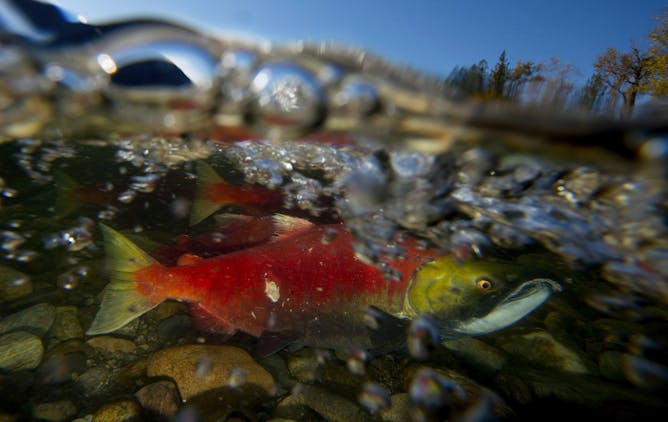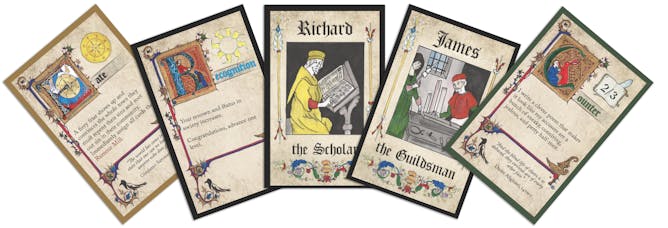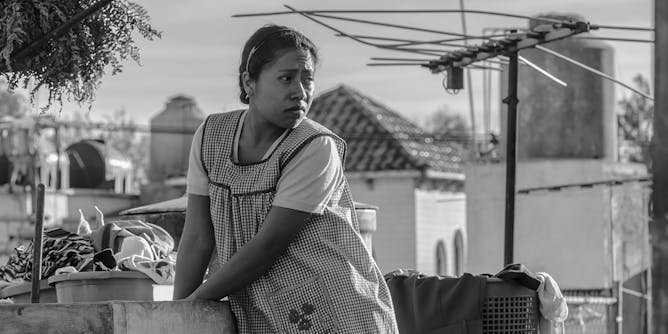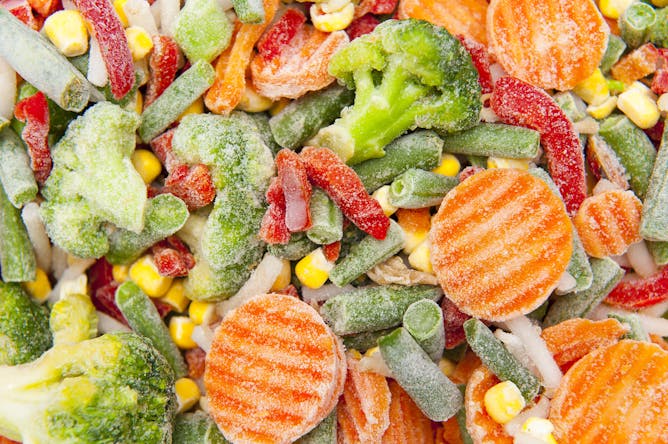|
Here’s a statistic that may surprise you: violence-related injuries at work are on the rise across Canada. What isn’t surprising is that women are four times more likely than men to experience sexual assault or unwanted touching on the job. Today in The Conversation Canada, Peter Smith of the University of Toronto writes about new research by the Institute for Work and Health that reveals some surprising findings about workplace violence.
Thomas Hughes of Queen’s University tells us about a recent NATO exercise called Trident Juncture 18 in which Russia responded with missile testing. In these “war games” it’s necessary for both Russia and NATO to live up to transparency agreements to avoid the potential of real conflict breaking out.
The health of Pacific salmon is important to the ecosystem of Canada’s West Coast. Andrea Jane Reid and Steven Cooke of Carleton University have looked at the impact that freshwater plays on the salmon, who at the end of their life cycle leave the sea to lay eggs in the freshwater streams where they were born.
And finally… Frank Klaassen of the University of Saskatchewan teaches a class on medieval masculinity. He challenged his class to create a game that modelled the medieval “game” of male honour and to “create something that would teach others about the medieval world both through factual content and also through ‘played’ experience.” The result is “Virtus” and we’ve got instructions on how you can download your own version of the game!
(We’ve also updated our recent analysis of the movie Roma, which has been nominated for 10 Oscars.)
Regards,
|

For women who work in education, the risks of workplace violence are especially high. New research shows rates of assaults have more than doubled between 2002 and 2015.
(Shutterstock)
Peter Smith, University of Toronto
Violence-related injuries at work are on the rise in Canada. New research shows that it is women who suffer the most and especially those working in education.
|

Military action during the NATO-led military exercise in Trondheim, Norway on Oct. 30, 2018. The NATO exercises included some 3,000 troops, 20 ships, several tanks and about 50 aircraft from various nations.
(Gorm Kallestad/NTB scanpix via AP)
Thomas Hughes, Queen's University, Ontario
Military exercises are more than just 'war games' -- they're aimed at signalling military capability and intent. But NATO must honour its commitment to transparency, and pressure Russia to do the same.
|

Spawning sockeye salmon make their way up the Adams River near Chase, B.C.
THE CANADIAN PRESS/Jonathan Hayward
Andrea Jane Reid, Carleton University; Steven J Cooke, Carleton University
Populations of freshwater species are in a state of deep decline. But we know why and we can reverse the trend.
|

A prof. of medieval history and his students create, ‘Virtus’ a new board game designed to teach the old rules of masculinity.
Frank Klaassen, University of Saskatchewan
Virtus is a card game for 3 to 5 players developed by Frank Klaassen and his students at the University of Saskatchewan.
|

Critics and audiences of the Oscar-nominated film Roma may be missing important Mexican historical and cultural facts.
Alejandro Hernandez, Carleton University
Director Alfonso Cuarón's 'Roma' has received 10 Oscar nominations. Here, a sociologist explains the hidden historical and cultural context of the film.
|

Les premiers prototypes du Guide alimentaire révèlent que l'on continue à mettre l’accent sur les produits frais. Et pourtant les fruits et légumes congelés sont meilleur marché et néanmoins vraiment nutritifs.
Shutterstock
Sarah Duignan, McMaster University
Le Guide alimentaire canadien ne représente pas les pauvres, les personnes culturellement marginalisées et les plus vulnérables à l'insécurité alimentaire.
|